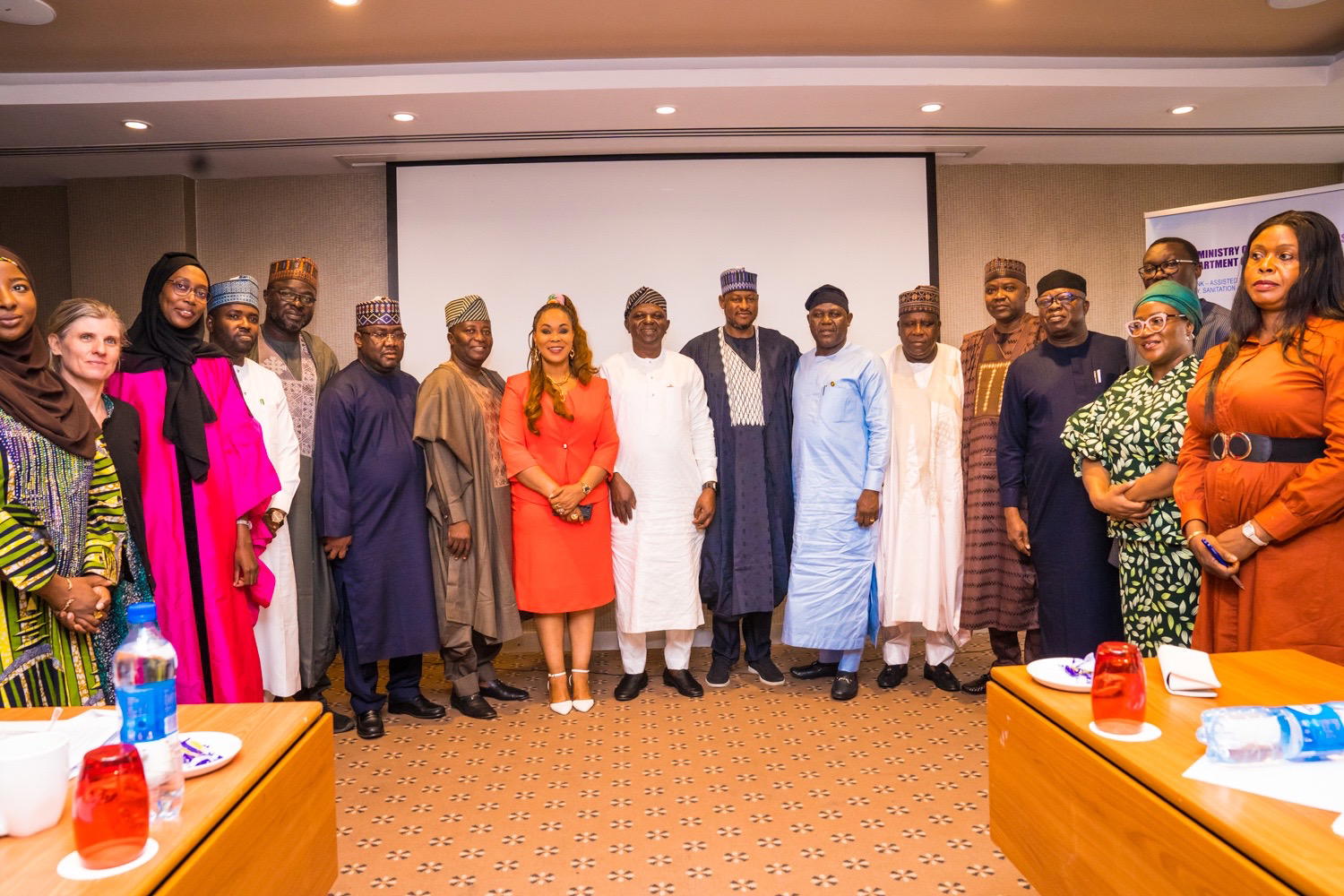
The Federal Government on Thursday expressed concerns over the poor implementation of the 700 million dollars Sustainable Urban and Rural Water Supply, Sanitation, and Hygiene (SURWASH) programme by state governments.
This was the thrust at the High-Level Advocacy meeting with seven state governors implementing the SURWASH programme in Abuja.
The programme is being implemented in Delta, Ekiti, Gombe, Imo, Kaduna, Katsina, and Plateau states.
The Minister of Water Resources and Sanitation, Prof. Joseph Utsev, said that the meeting aimed to inform and encourage the governors on the programme’s progress and future expectations.
He said that the SURWASH programme, now in its third year of a six-year initiative, had not met expectations in terms of implementation and disbursement.
Utsev attributed the slow progress to a lack of understanding and awareness among the governors, who play a key role in its execution.
He said that plans were in place to visit the seven participating states to assess progress, provide guidance, and invite other states to join in expanding its impact.
He expressed optimism about the governors’ commitment, stating that with proper support and guidance, the programme would achieve its objectives.
He further said that expanding participation to more states could enhance the programme’s effectiveness and contribute to broader democratic development.
World Bank Country Director, Mr Ndiame Diop, said Nigeria’s Water, Sanitation and Hygiene (WASH) situation was in a state of emergency, failing to reflect the nation’s ambitions.
“It does not reflect the ambition of Nigeria; as a big family here, we should be candid about the fact, ” he said.
Diop said that Nigeria invested an average of only 0.32 percent of its Gross Domestic Product (GDP) annually in WASH services, significantly below the African average of 0.7 percent.
He said that at least 1.3 percent of GDP was required to achieve the Sustainable Development Goals (SDGs), saying that Nigeria is currently lagging behind.
According to Diop, approximately 60 million Nigerians lack access to basic drinking water services, while 80 million do not have adequate washing facilities.
He said that 167 million people lacked access to basic sanitation, and around 48 million Nigerians still practised open defecation.
The country director also pointed out that only eight per cent of the population engaged in safe hygiene practices, while just 10 per cent had access to basic water, sanitation, and hygiene services combined.Katsina State Governor, Dikko Radda, said that the importance of addressing water supply and hygiene issues was to reduce hospital admissions and improve public health.
Radda said that over the past two years, the project had seen only about 40 per cent completion, falling short of the expected 70 per cent to 80 per cent.
The governor attributed this slow progress to a lack of clarity among state governments about their roles and programme benefits.
He stressed the need for continuous collaboration between the Ministry of Water Resources and sanitation, the World Bank, and the states to ensure effective resource utilisation.
Radda said that Katsina State had a procurement plan worth N20 billion, of which N15 billion was currently available.
“An additional five billion Naira is expected to be secured by the end of the year to support the project’s completion.
“For 2025, the state has allocated N50 billion in its budget for further initiatives, ” he said.
The governor noted the need to improve water supply and hygiene in Nigeria, which would have a significant positive impact on public health.
The meeting was attended by some governors and their representatives, commissioners for water resources, officials from the Ministry of Health, the Minister of Women Affairs, secretaries to state governments, and WASH stakeholders
Disclaimer
Comments expressed here do not reflect the opinions of Vanguard newspapers or any employee thereof.